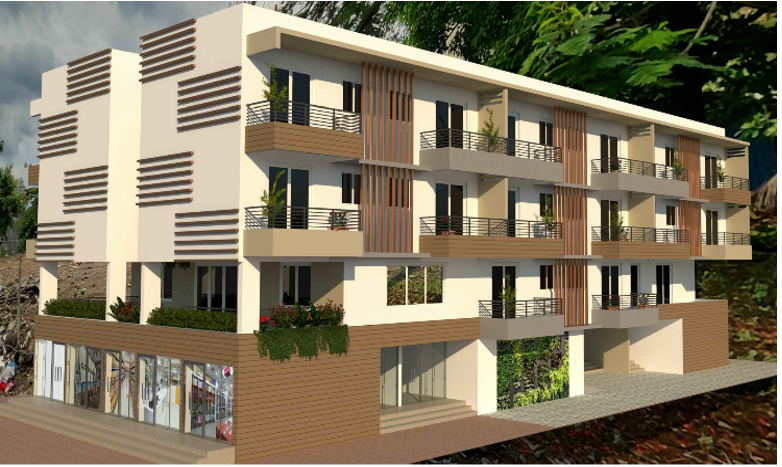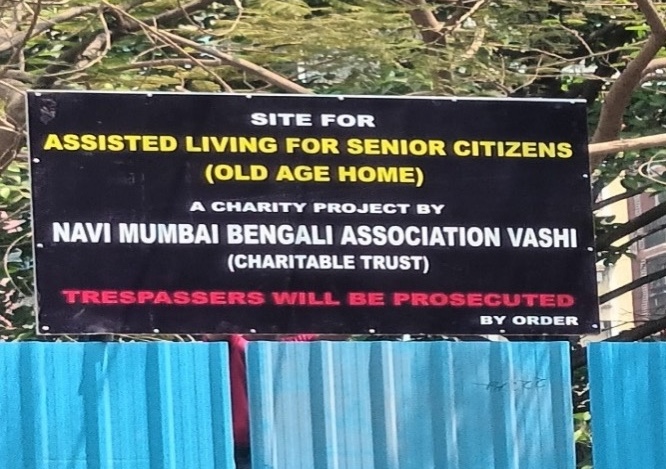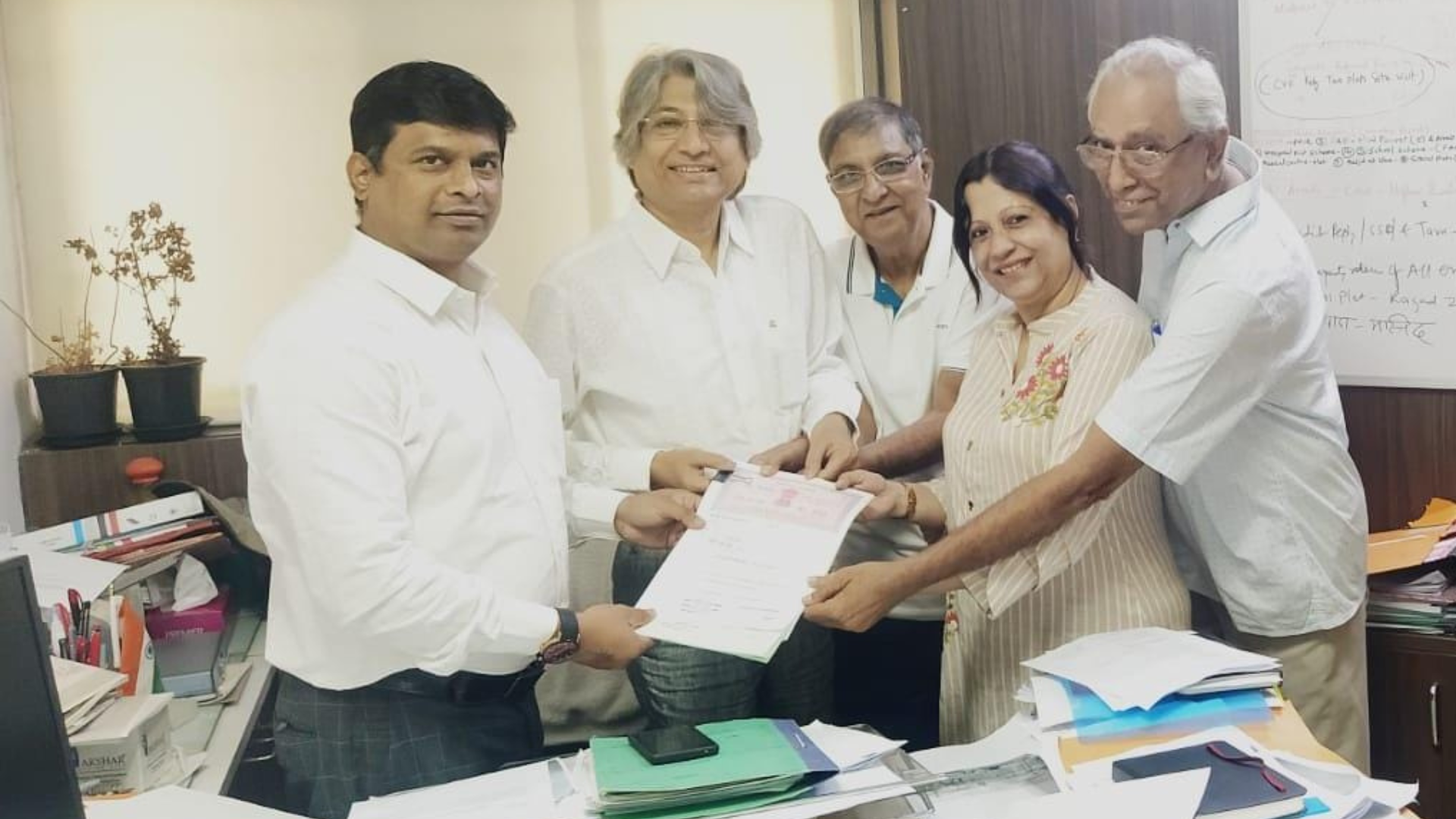Introduction
The elderly population of India is growing at an alarming rate, with more than 100 million seniors over the age of 60. This number is projected to grow to 300 million by 2050. This dramatic increase in the elderly population is due to better healthcare, increased life expectancy, and the declining fertility rate. According to the Census of India 2011, India has a total population of over 1.21 billion, of which 8.6% (104.3 million) are aged 60 years and above.This is the largest elderly population in the world. The overall elderly population in India has increased by 8.4% between 2001 and 2011, from 79.7 million to 104.3 million. Around half of the elderly population in India lives in rural areas (50.2%). The elderly population in rural areas has increased by 8.7% between 2001 and 2011, from 40.3 million to 44 million. In urban areas, the elderly population has increased by 8.3% between 2001 and 2011, from 39.4 million to 60.3 million. The gender ratio of elderly population in India is skewed towards females. There are 59.6 million elderly women, as compared to 44.7 million elderly men. The ratio of elderly women to men is 1.33:1. In terms of educational attainment, the majority of elderly people in India are illiterate. Around 67.5% of the elderly population is illiterate, while only 16.1% have completed secondary and higher secondary education.
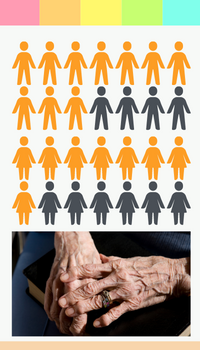
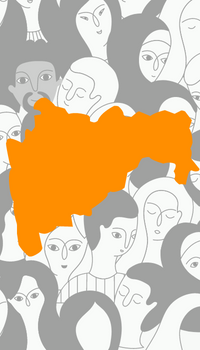
According to the 2011 Census of India, Maharashtra had a total population of 112,372,972, of which 17.3% (19,438,506) were senior citizens aged 60 and above. This percentage was higher than the national average of 8.6%. The majority of elderly people in Maharashtra are Hindu (83%), followed by Muslim (11%), Christian (3%), and other religions (2%). In terms of literacy, the elderly population in Maharashtra is generally well-educated. According to the 2011 census, 74.1% of the elderly population in Maharashtra is literate. This is higher than the national average of 59.3%. In terms of health, the elderly population in Maharashtra has access to a variety of services. According to the National Health Mission, Maharashtra, the state’s government runs several programs for elderly citizens, including health check-ups and health camps, medical assistance, and health insurance. Furthermore, the Government of Maharashtra has implemented several programs to improve the quality of life of the elderly, including the Old Age Pension Scheme, the Mahatma Gandhi National Rural Employment Guarantee Scheme, and the Antyodaya Anna Purna Yojana.
The elderly in India face widespread poverty, lack of access to healthcare and social security, and increasing neglect from their families. Many elderly individuals are abandoned and left to fend for themselves. In addition, the lack of government investment in elderly care has resulted in a lack of quality care facilities. Despite the challenges that the elderly in India face, there are organizations and initiatives working to improve the situation. NGOs are providing care and support to the elderly, while the government has introduced schemes to provide financial and medical benefits to the elderly. In addition, several organizations have launched programs to provide elderly people with vocational training, employment opportunities, and social activities. Overall, the situation of the elderly in India is dire and requires urgent attention.
Issues of elderly in India
- Health Care Access: Many elderly people in India lack access to affordable and quality health care.
- Poverty: Elderly people are more likely to be poor than younger people.
- Social Isolation: Elderly people in India often experience loneliness and social isolation due to the lack of family and community support.
- Lack of Retirement Opportunities: Many elderly people do not have access to retirement benefits such as pensions or social security.
- Abuse: Elderly people in India are vulnerable to abuse, neglect, and exploitation.
- Discrimination: Elderly people in India face discrimination due to their age and gender.
- Access to Education: Elderly people in India often lack access to educational and cultural activities.
- Mental Health: Elderly people in India are vulnerable to depression, anxiety, and other mental health issues.
- Housing: Many elderly people in India lack access to safe and secure housing.
- Nutrition: Many elderly people in India do not have access to adequate nutrition due to poverty or lack of assistance.
Rationale
There are many options for senior citizens in India looking for assisted living. There are a range of private companies and government-run organizations that provide a variety of services, such as home health care, nursing care, and residential care. These services can be tailored to meet the needs of seniors, including those with physical or mental disabilities. In addition to private companies, there are a number of government-run retirement homes and nursing homes in India. These are run by the Ministry of Social Justice and Empowerment or the Ministry of Health and Family Welfare. These facilities provide basic amenities and healthcare services, and can also help with a variety of other needs, such as financial assistance and legal aid. Additionally, some states in India have specific programs for senior citizens. Finally, there are a number of religious and charitable organizations in India that provide care to senior citizens.
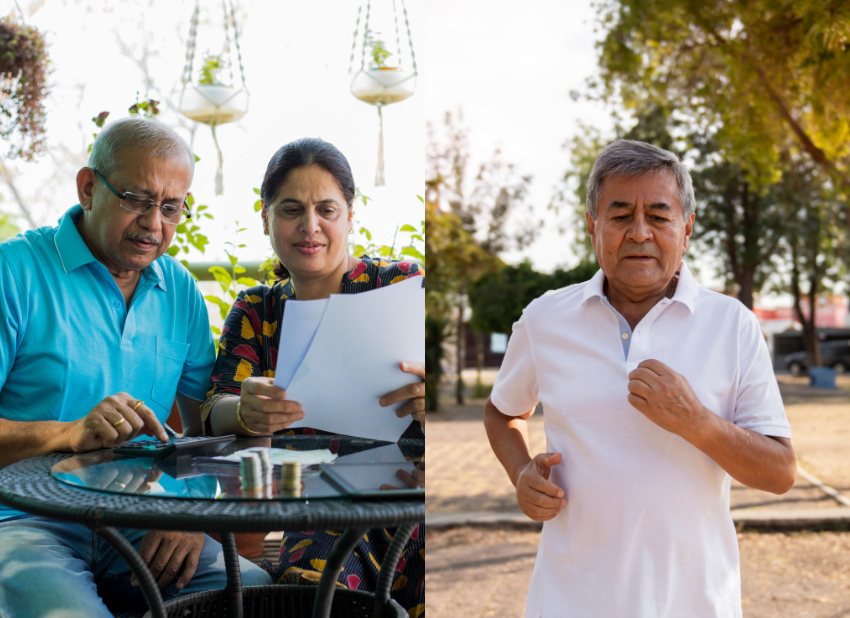
These organizations may provide medical and social support, as well as spiritual guidance. It is observed in Navi Mumbai that the children of seniors have flourished and ventured into opportunities wherever available and as dutiful parents the senior gave them wings to fly, as a result, seniors are left lonely back home either with spouse as a support who is equally vulnerable or single senior parent living with support from neighbours and house helps. Along with loneliness the safety is a biggest concern who are living with spouse or single.
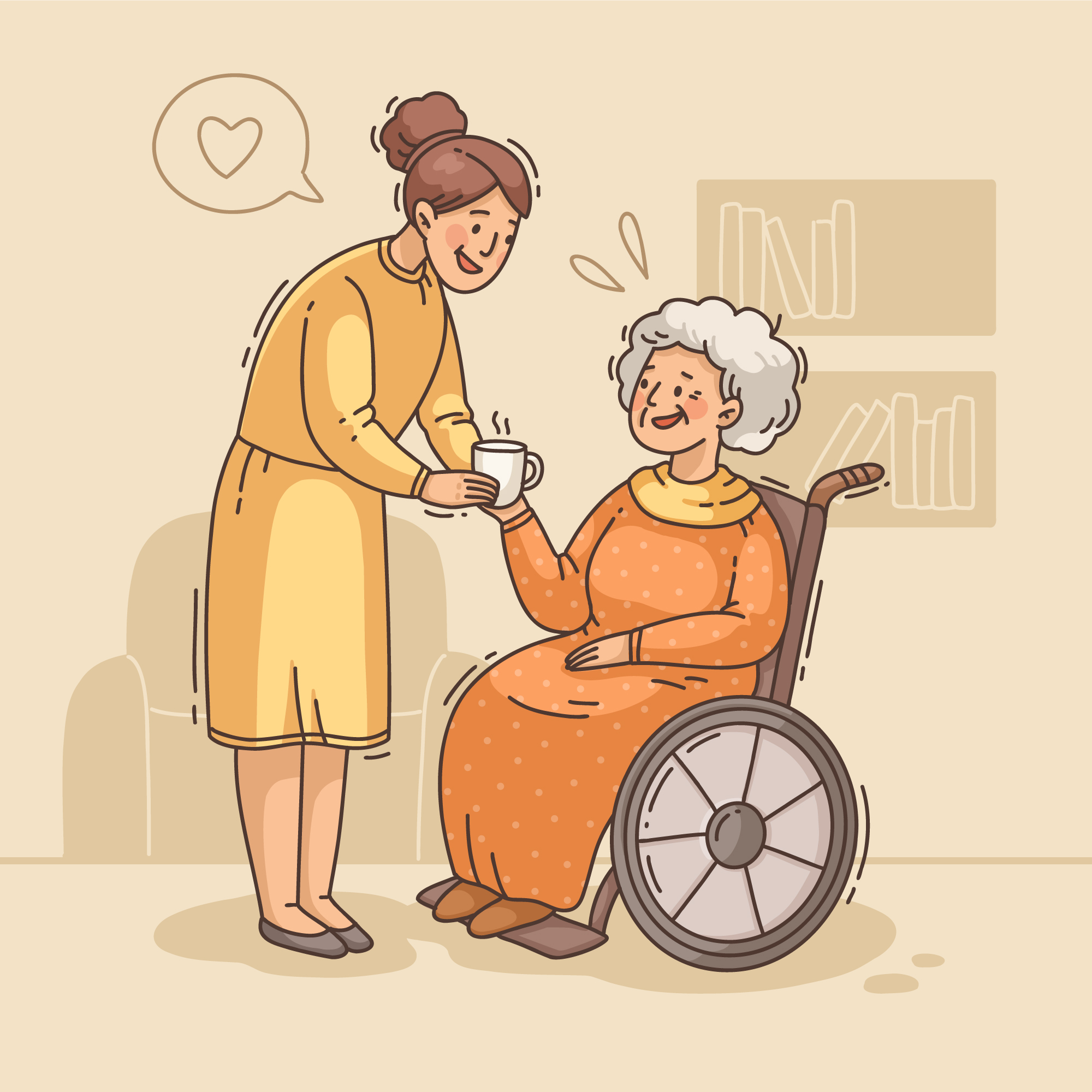
The need of person changes as per the age and time and in old age the needs of elderly are food, safety, health care and emotional wellbeing. Currently the elderly are having only three options namely staying in family, own home or old age home. Due to limited space in urban homes or children staying another cities or countries for their career living with family for some seniors its not possible. The seniors who are living with family but due to infrastructure of house or building is not elderly friendly. Those are living with family having less connect with the young generation and peer groups so they are alone within the family. In old age the needs of elderly are different and to address their needs require some community where services will be provided like medical, counselling, foods and interaction with the same age people where the elderly can enjoy their life as per their wishes.
As per our discussion with the some of senior citizens of Navi Mumbai there is need to start the Assisted living center for senior citizens in Navi Mumbai. Assisted living to senior citizens Assisted living for elderly in India is a residential living arrangement for seniors who require assistance with daily activities such as transport, recreation, medication management, and food etc. It provides a home-like environment, with a supportive staff, while allowing seniors to maintain a sense of independence and dignity. In addition, assisted living may provide a variety of services and amenities, such as transportation, housekeeping, laundry, recreational and social activities, organized outings, and health care services.
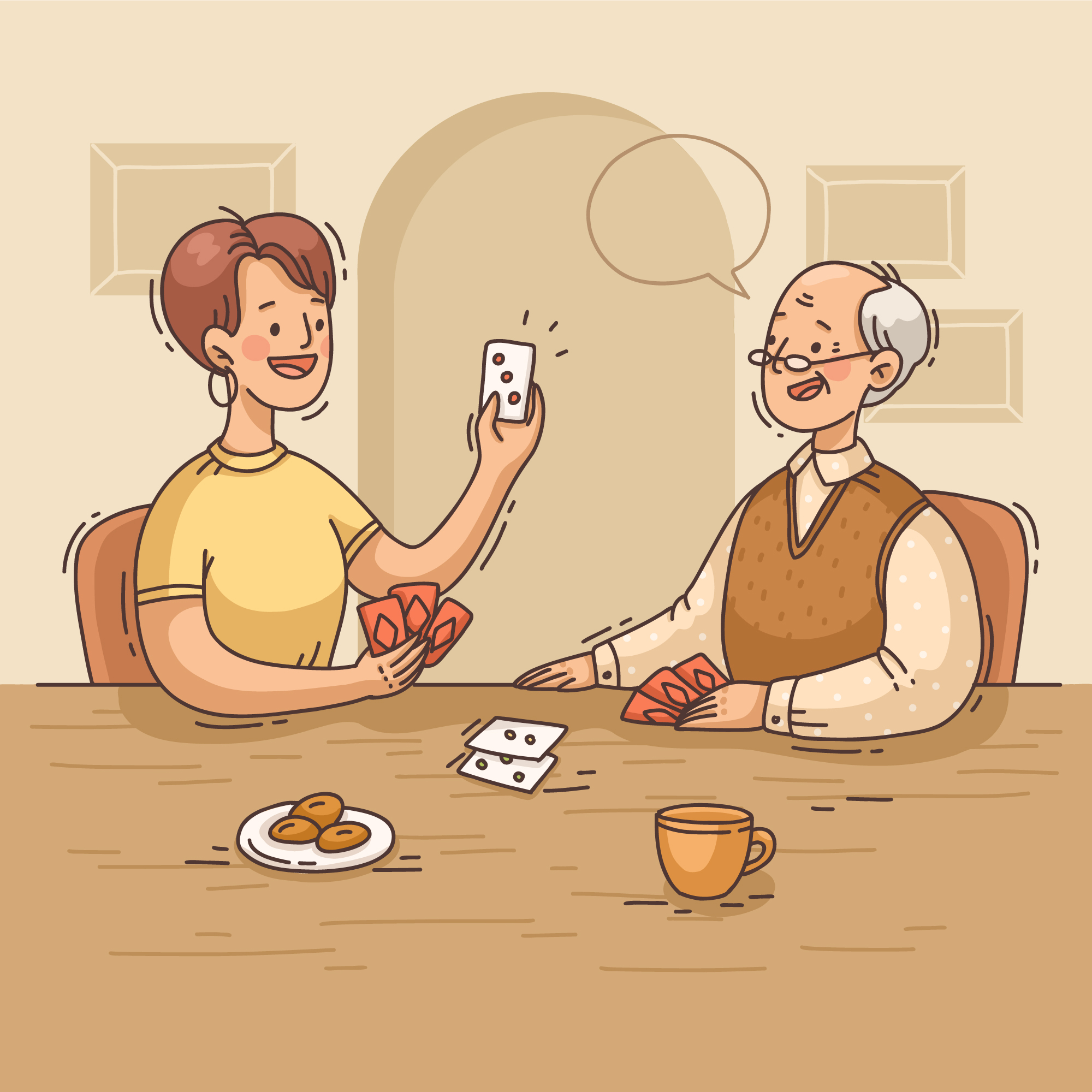

Objectives of Assisted Living Home for Senior Citizens
- To provide engagement among and with senior citizen throughout the day.
- To provide a safe and comfortable living environment for elderly individuals.
- To create a sense of community and companionship for the elderly.
- To empower the elderly to maintain their independence and well-being.
- To provide quick and easy access to healthcare and other services.
- To create a safe and secure environment to help elderly individuals age in place.
Activities for Assisted Living Center
Arts and Crafts
Invite local artists to teach residents how to make art projects that they can enjoy and display in their homes.
Gardening
Set up a community garden where residents can grow their own fruits and vegetables, and enjoy the outdoor fresh air.
Movie Nights
Organize movie nights for residents to watch old classic films and share their memories.
Physical Exercise Classes
Hold group exercise classes for seniors to stay active and healthy.
Educational Talks
Invite experts to give educational talks on topics of interest to the residents such as history, culture, and current events.
Music Therapy
Hold music therapy sessions to encourage residents to interact and sing together.
Cooking Classes
Organize cooking classes for residents to learn how to make healthy recipes.
Games and Activities
Create games and activities for residents to keep their minds active and entertained.
Social Gatherings
Organize social gatherings for residents to share stories and build relationships with one another.
Outdoor Trips
Plan trips to local parks and other outdoor destinations for residents to explore nature.
